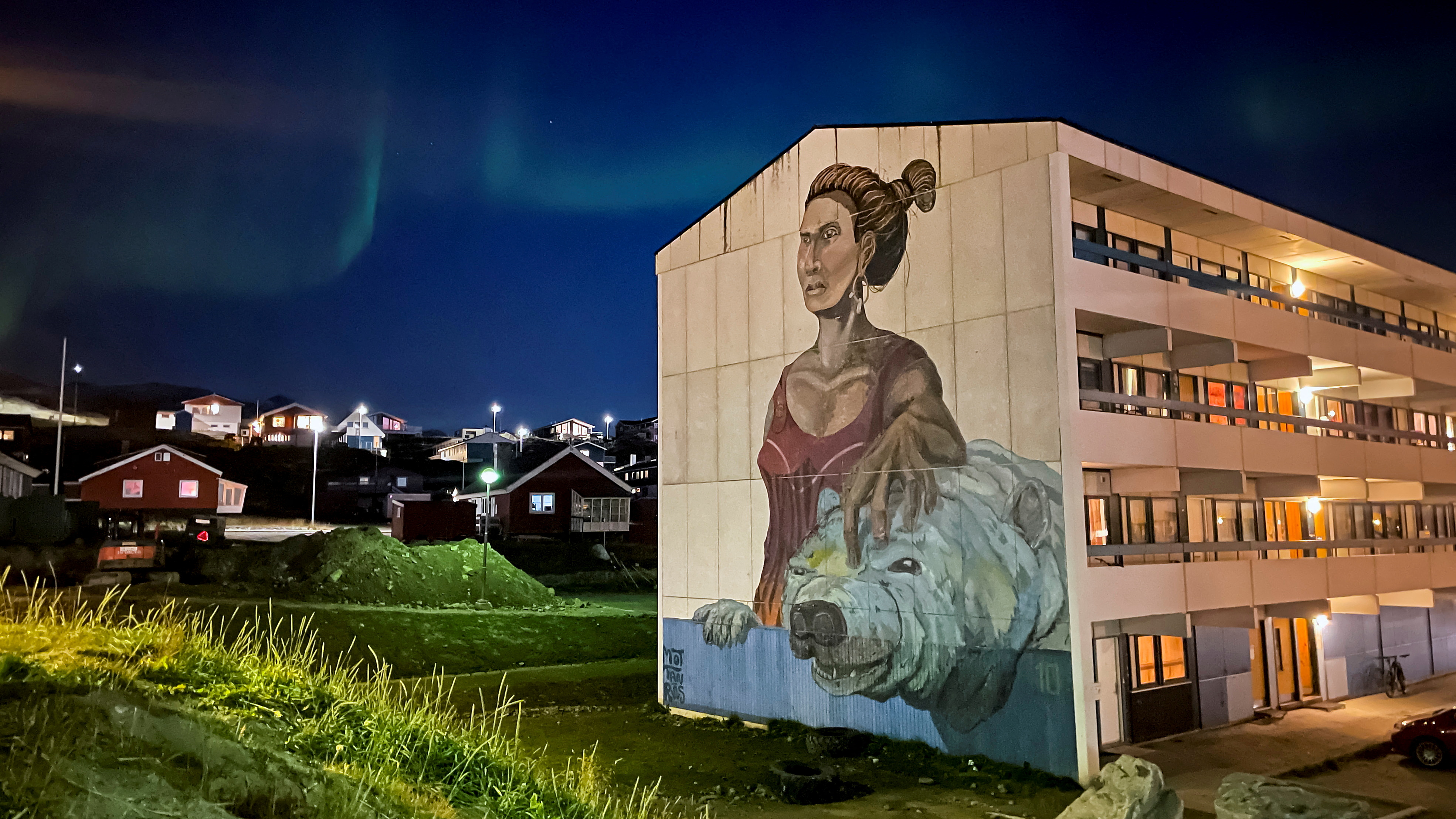Keira Alexandra Kronvold was filled with joy as she cradled her newborn daughter Zammi, but her happiness was brutally short-lived. Within two hours of her birth, Zammi was forcibly taken from her mother due to a controversial parenting competency test that disproportionately impacts Greenlandic women in Denmark.
Children of Inuit Mothers Face Systematic Removal
Keira, a 38-year-old Greenlandic woman, is one of many who have faced the trauma of having her children removed under the now-banned forældrekompetenceundersøgelse (FKU), or parenting competency test. This draconian measure, often criticized for its cultural insensitivity, has led to an alarming disparity in child removals. According to a report by the Danish Institute for Human Rights, children of Greenlandic parents are over five times more likely to be placed in care compared to their Danish counterparts, with 5.6% of Greenlandic children being removed versus just 1% of Danish children.
Inadequate Assessments and Cultural Ignorance
The FKU assessments, lasting upwards of 15 to 20 hours, evaluate attachment, personality traits, cognitive abilities, and emotional stability. However, as clinical psychologist Isak C Nellemann notes, these tests are inherently flawed, often yielding biased results against Greenlandic mothers. The questions posed—ranging from the composition of glass to identifying landmarks in Rome—are culturally specific and fail to reflect the lived experiences of Inuit people. Nellemann boldly compares the tests to tools of fascism designed to uphold an ethnocentric view of parenting.

Denmark says sorry for taking Greenland children in 1950s ...
Legal Battles and Human Rights Violations
Despite the recent ban on FKU assessments for Greenlandic families, as of May 1, 2025, many municipalities continue to use these tests as evidence against parents. Keira"s lawyer, Jeanette Gjørret, emphasizes that Keira was never given a fair chance to demonstrate her parenting abilities, lacking both legal representation and a proper translator during her assessments. Misinterpretations of cultural practices and language barriers have exacerbated the situation, leading to devastating consequences for families like Keira"s.
The Fight for Zammi and Cultural Identity
Keira"s harrowing story is emblematic of a larger systemic issue facing Greenlandic women in Denmark. The forced removal of Zammi and her siblings reflects a pattern of cultural erasure and identity loss that has deep roots in colonial history. Many Greenlandic people view these modern-day practices as a continuation of historical injustices, including the forced sterilizations and contraceptive practices that have been recognized as genocidal. Keira fears that her daughter will lose her language and cultural identity as she grows up in a Danish foster family.

Christiansborg Palace and government building on the islet of ...
Grassroots Movements and Activism
Keira"s case has sparked protests across Denmark and Greenland, amplifying the voices of those who have suffered under the weight of these unjust practices. Activists argue for a reevaluation of child welfare policies, advocating for support systems that prioritize family unity over punitive measures. Laila Bertelsen, founder of Foreningen Mapi, asserts that cultural differences should not be misinterpreted as deficiencies. Support, rather than separation, is necessary for healthy child development.
As Keira continues to fight for the return of Zammi, her resilience shines as a beacon of hope for many. She meticulously prepares flowers for her weekly visits, instilling a sense of connection and love despite the barriers imposed by the state. For Keira, this battle is not only about reclaiming her daughter but also about restoring the dignity and identity of all Greenlandic families.

![[Video] Anti-ICE Protester Pepper Sprayed as CBP Agents Disperse Crowd in Minneapolis](/_next/image?url=%2Fapi%2Fimage%2Fthumbnails%2Fthumbnail-1768260677127-y71sb7-thumbnail.jpg&w=3840&q=75)

![[Video] Several injured as U-Haul truck drives through Iranian protestors in Los Angeles](/_next/image?url=%2Fapi%2Fimage%2Fthumbnails%2Fthumbnail-1768176682028-q95y6j-thumbnail.jpg&w=3840&q=75)
![[Video] Scuffle breaks out between Trump supporters and Anti-ICE protesters in Times Square](/_next/image?url=%2Fapi%2Fimage%2Fthumbnails%2Fthumbnail-1768165958203-hgcgb-thumbnail.jpg&w=3840&q=75)


![[Video] Gunfire between Iraqi security forces and Sadr militias in Baghdad](/_next/image?url=%2Fapi%2Fimage%2Fthumbnails%2Fthumbnail-1768343508874-4redb-thumbnail.jpg&w=3840&q=75)
